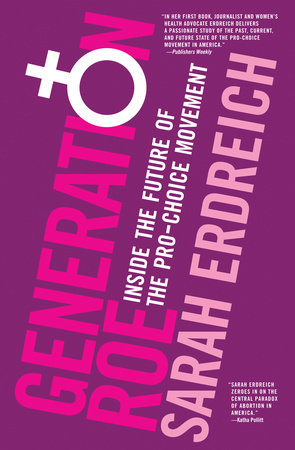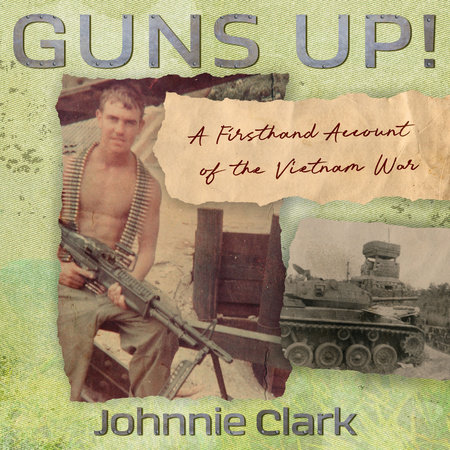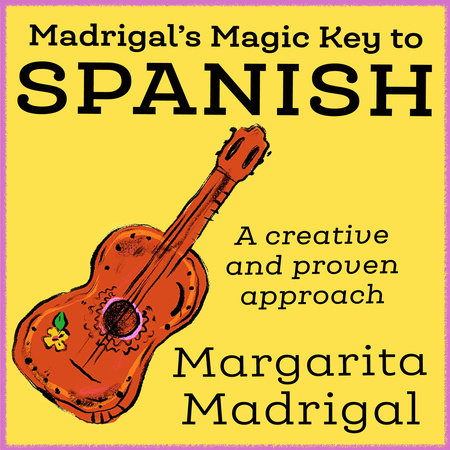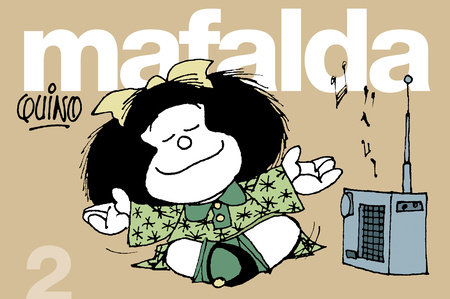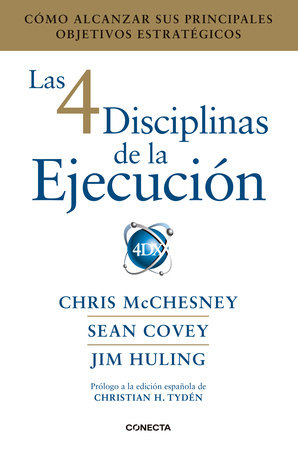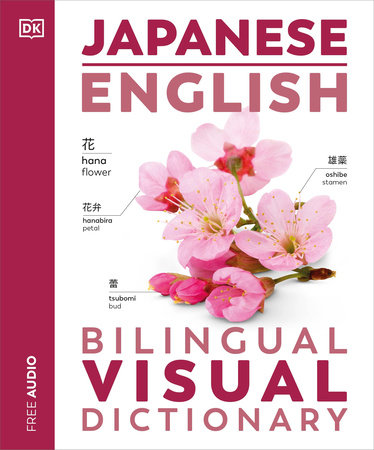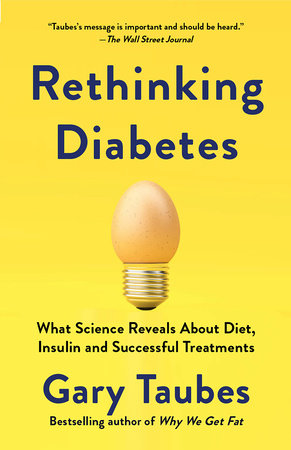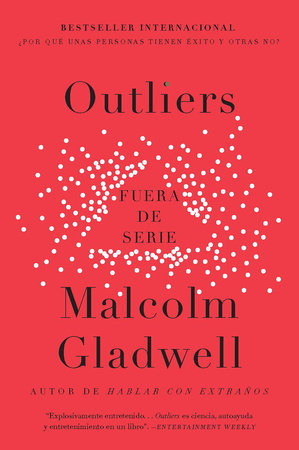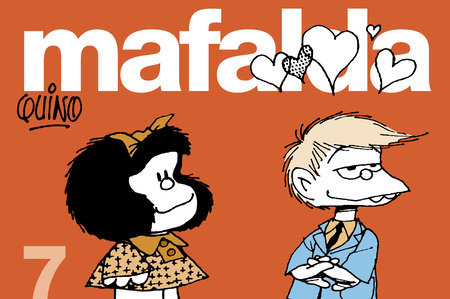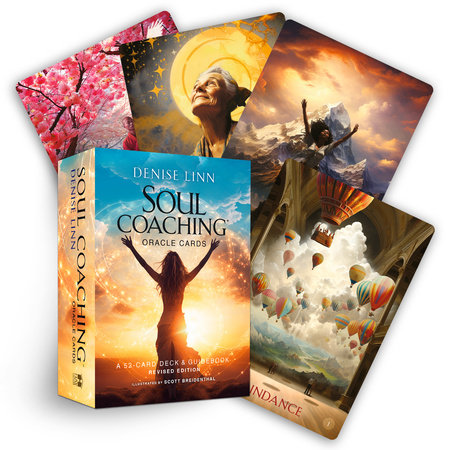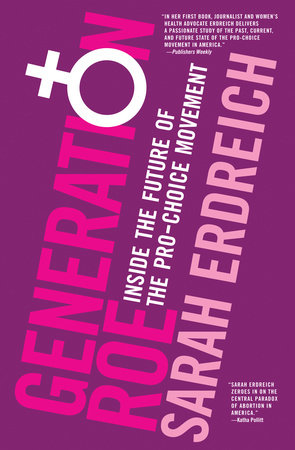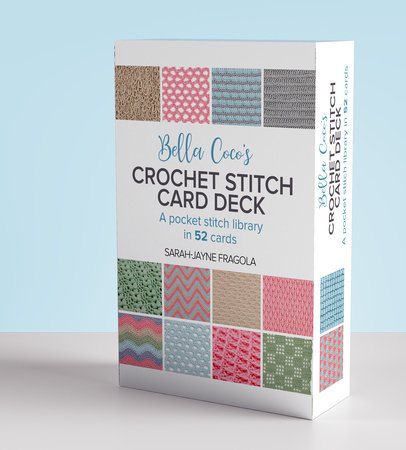Author Q&A
The Frisky: I know you work for the National Abortion Federation’s hotline, but was there one defining moment that made you want to write Generation Roe?
Sarah Erdreich: Actually there was. I began working at the hotline about five years ago, in the spring of 2008. But it was the following year I believe in March 2009 that the New York Times published an article titled “Where to Pass the Torch?” What it was about was, how there are a lot of abortion clinic owners, directors, counselors, providers and activists who were approaching retirement age. And one of the focuses of the article was, “Who is going to come up and take their place?”
So I was thinking about these different discussions I had been hearing, and I realize I’m surrounded, on the hotline, by all these really passionate enthusiastic activists who want to go to law school and become reproductive rights attorneys, who want to go to med school and be providers, want to work in clinics. And I thought I want to write a book about them, about why people still want to enter this field that is so stigmatized, and can be so dangerous, but they’re passionate.
There are a lot of stories out there about women who have had abortions, but not many — that I’ve read anyways — about providers and activists. That was an eye-opening part of the book.
Well, that was one thing I was trying to do, so I’m glad it came across. I feel like there are already a lot of really great moving books out there that dealt with women’s’ personal stories. One thing that I found really inspiring — and that I hope will translate to others that read it — were the activists I spoke with. Everyone has their own reason for getting involved. I honestly found it really inspiring that so many people were involved with it not because they had a personal experience with it per se with abortion, but just because they cared about it as an issue.
Most of the time abortion is looked at as a black and white issue. You talked a lot about the nuances of abortion, and women who feel a certain amount of ambivalence. Could you explain more about that?
In some ways I do feel that abortion rights is a black and white issue, because I feel very strongly that abortion rights should exist. But I also think it’s important that we acknowledge that there are so many reasons that women have abortions. It should be the woman’s choice and her reasons should be good enough.
I think it’s just as important to recognize that, there’s so many ways to feel about having had an abortion, or about making a choice. I’ve heared from so many women who felt really empowered, and really relieved. They were glad to make this choice that was right for them.
And that’s just as valid as a woman saying I’m really sad that I had to have this abortion. It’s normal to regret the circumstances that led to the abortion for a lot of women. So I think that is something that maybe is not discussed enough, and I feel that’s a place where the anti-choice movement has been very savvy in being able to say, “Oh, if a woman regrets have an abortion that means abortion is wrong for all women!” And I think that’s an unfair, inaccurate statement.
I’m hoping being able to talk about this with more nuance and kind of being able to to untangle, “I wish I’d been in a better relationship, if I had then maybe I wouldn’t have chosen to have an abortion.” That’s regretting the relationship, not regretting the abortion per say. That is something I think is important to talk about.
On the 40th Anniversary of Roe v. Wade there was a poll released by the Pew Forum, that said that 40 percent of people under 30 knew what Roe v. Wade was, 33 percent incorrectly identified the decision and 24 percent said they did not know. What do you think is the biggest issue for the next generation of pro-choice women? Do you think it’s education? Or the state bills that are passing to restrict abortion?
I think what worries me the most, this is not the next generation, but even within my generation, and I think even those older than me. It’s not so much the lack of education —although I do think that’s a concern and that was something a lot of the activists I talk to brought up — but I think it’s a lack of empathy. And I think we see that in a lot of discourse around a number of social issues in our society, not just reproductive rights.
It seems like it’s challenging for people to say, “I can understand why someone would do that, and I’m not going to judge them.” When it’s discussed by our national media on a large scale, it’s kind of in reaction to big stories like North Dakota and Arkansas. And I’m glad it’s discussed then, but I feel like when you’re only talking about these really big issues you kind of loose sight of all the reasons women have abortions, and how common it is. I think it’s easier to feel a lot more empathy and a lot more solidarity with people, where as you can understand and relate to their circumstances. I’m not sure that’s happening as much as it should be.
Does it worry you at all that some young woman take the ability to get a legal abortion for granted?
Oh very much! I feel like that’s in the same vein as taking accessible contraception for granted. I think anything involving sexual health, my generation, and generations younger than me are not very cognizant of the fact that this is a pretty new development. I think that, this is definitely a luxury for young women and young men to be able to grow up in a world where abortion is legal. And I’m glad we have that luxury, but I don’t think that any of us can take it for granted.
And I have to say, I’m almost more worried about young men who take that for granted than young women. I would like to see more young men cognizant of the fact that reproductive rights affect them as well. That’s an issue that I think could benefit from more men being thoughtful about how important contraception and access is in their lives as well.
You had a lot of interviews from men who doctors and activists in the book, but the first one took me by surprise. Abortion is posed as such a women’s issue because they carry the baby, but do you think there is anything that men should be doing?
I fully recognize that for a lot of people talking about men’s roles in reproductive rights can be very challenging. The only person that should ultimately make the choice to continue whether or not to be pregnant is the woman. In an ideal situation the male partner can and will want to be supportive of that, but that doesn’t always happen of course.
I think I would just like to see men be more appreciative of the fact that reproductive rights ‚ and more aware of the fact — that reproductive rights are not just a women’s issue. I think it’s important for men and women in intimate situation to have this conversation before there’s an unexpected pregnancy or before you’re at that point where you need to make a decision very quickly.
I think one of the best men in the book was the doctor who asked you if your own OBGYN performed abortions.
He was one of, hands down, my favorite people to interview. He really challenged me! I mean I was really embarrassed in that interview when he asked me that and I didn’t have an answer for him. I thought I need to be more proactive about my own health. I talk about abortion all day everyday and that had never occurred to me. It was really eye opening.
One of the things that surprised me the most was the information about healthcare in the U.S. in the 1800s, and that abortion was legal and that midwives performed most medical services. What surprised you the most when researching this book?
In that aspect particular, abortion care in the 18th and 19th century, the fact that the Catholic Church — at least in the U.S. -—didn’t oppose abortion until the 1860s I found absolutely shocking. If you look at the church today you’d they that they were always very anti-abortion, anti-choice. So I found it very interesting particularly because religion is so often in this country brought up as a reason to be anti-choice. It made me wish that it was still the case that the church did not have the stance that is does about reproductive rights.
In terms of stigma, what do you think is the antidote to people not wanting to discuss abortion. Do you have an antidote?
It’s really hard to orchestrate the conversation about abortion: “Today I’m going to talk to my cousin about it.” I think that makes it seem really false and stilted. I really would hope that for people who really do care about these issues, and who are thinking about them that they would not be afraid.
I also think that helps keep the conversation at a more interesting, deeper level when you’re having a one on one conversation that starts from a place where someone cares about it instead of just this rhetoric that we see so often. Where abortion is boiled down to, “women who have abortions are terrible,” “no one who has an abortion should have children.” I really think it helps keep it away these kind of stereotypes and assumptions.
People usually look at only the extreme reasons for having an abortion — rape or incest — and not the woman who is married, or the woman who wants to focus on the career first. Do you think there’s a way to open up the broader national discussion to the 1 in 3 who have abortions? Do you think the book will help open up this discourse?
I really hope so! I was talking about this issue with a friend of mine several weeks ago, and she and I we’re both mothers — we both have young children — and we were kind of talking about how glad we were for the fact we were able to have these children when we felt most prepared to.
And that somehow lead into talking about the fact that you do see in almost all these abortion restrictions the exemption for rape and incest, or the life of the woman. And sometimes it’s broadened into health both mental and physical. And we agreed that we were really glad that these exceptions exist that it’s really important.
But the very fact of those exceptions really dose seem to further stigmatize abortion in a way because it really, kind of seems to say, “If a woman is having sex, consensual sex, that she deserves whatever she gets.”
We agreed that’s really unfair and unfortunate for a lot of women that even in the laws we have that purport to be generous towards women, that there’s still this sense of shame associated with it. And I think that one way to address that is, and I apologize if I sound like a broken record, but it really is to talk about reproductive rights and talk about abortion, because not only will 1 in 3 women in this country have an abortion by age 45 but approximately 60 percent of women that have abortions are mothers. It’s a relatable reason that women make these choices.
What do you think that pro-choice organization can do? What are their next steps?
I think a lot of the national, kind of mainstream organizations really do wonderful work. But it feels like a lot of what they’re doing is more at the federal level. Working in D.C. with political allies, or through the court challenging laws. And that’s really important. But I think that being able to focus not just on the state level, but even narrower on the community level is a really important piece of this. That said, I’m not sure how much a lot of these large organizations could do that.
But I think to whatever extent possible to provide support, not just to local chapters of large organizations, but also to individual clinics and local access funds.
The local level is so important because that’s where a lot of these laws start. That’s where a lot of these politicians will first get elected to city council and go on to higher and higher office. The local clinics are seeing women from all over their state, or even from other states a lot of times. They know what issues, in the community are really affecting women. They know who the anti-choice protesters are, and how best to deal with them. I think there is a lot of knowledge and a lot of energy at the local level that is not always utilized.
Were their things you learned while doing this book as you went along that you didn’t originally think you’d include?
One thing that I did not expect to include in the book, was all the pop culture stuff — pretty much the entirety of chapter 4 where it talks about “Juno” and “Knocked Up” and other movies. That was something that evolved as I was writing the book. Because when I started I wasn’t really thinking about the stigma, per se, and why there’s so much stigma about abortion in our society.
There more interviews I did, the more research I did, the more I realized that he way our pop culture represents — or more often does not represent — abortion really does have an impact on people. I’m a huge pop culture junkie anyways. I was really interested to delve into all these wide ranging examples of how TV and movies will talk about pregnancy, or present an unplanned pregnancy. The way that TV and movies constantly seem to always say there’s a very narrow way to resolve this issue, is really not keeping with the reality that so many women experience.
